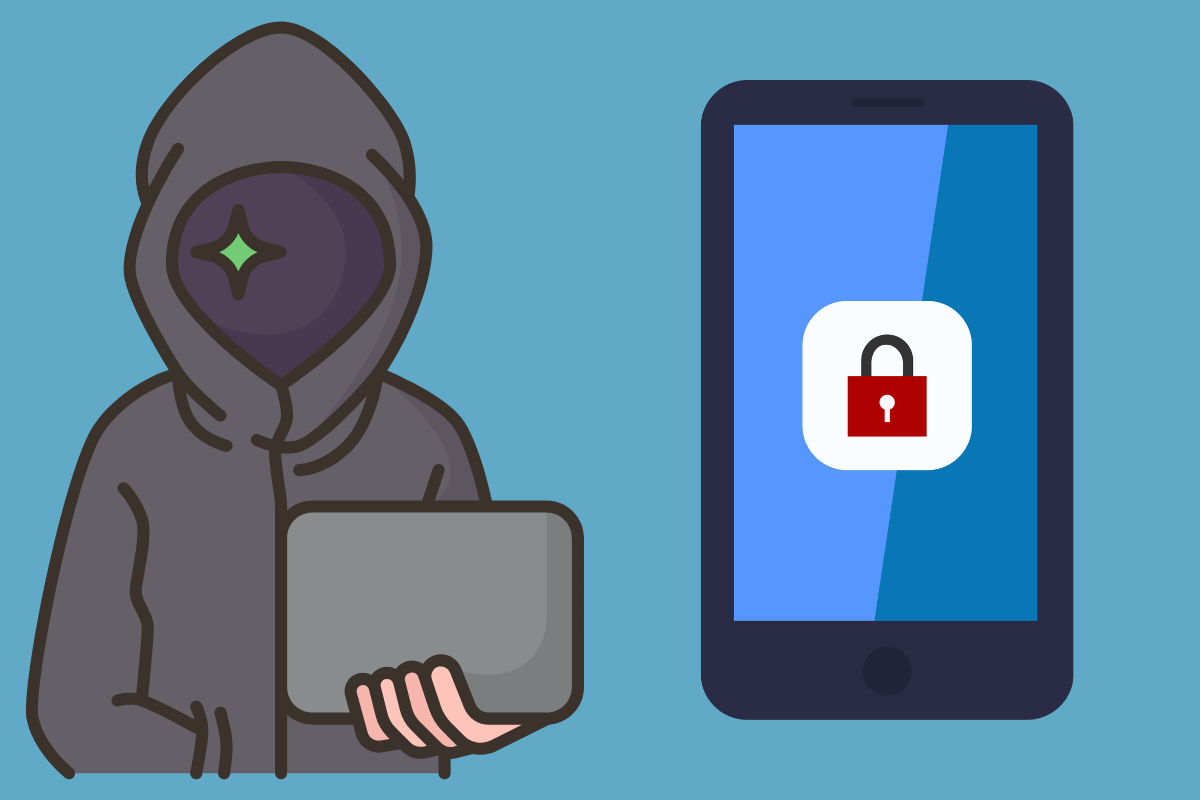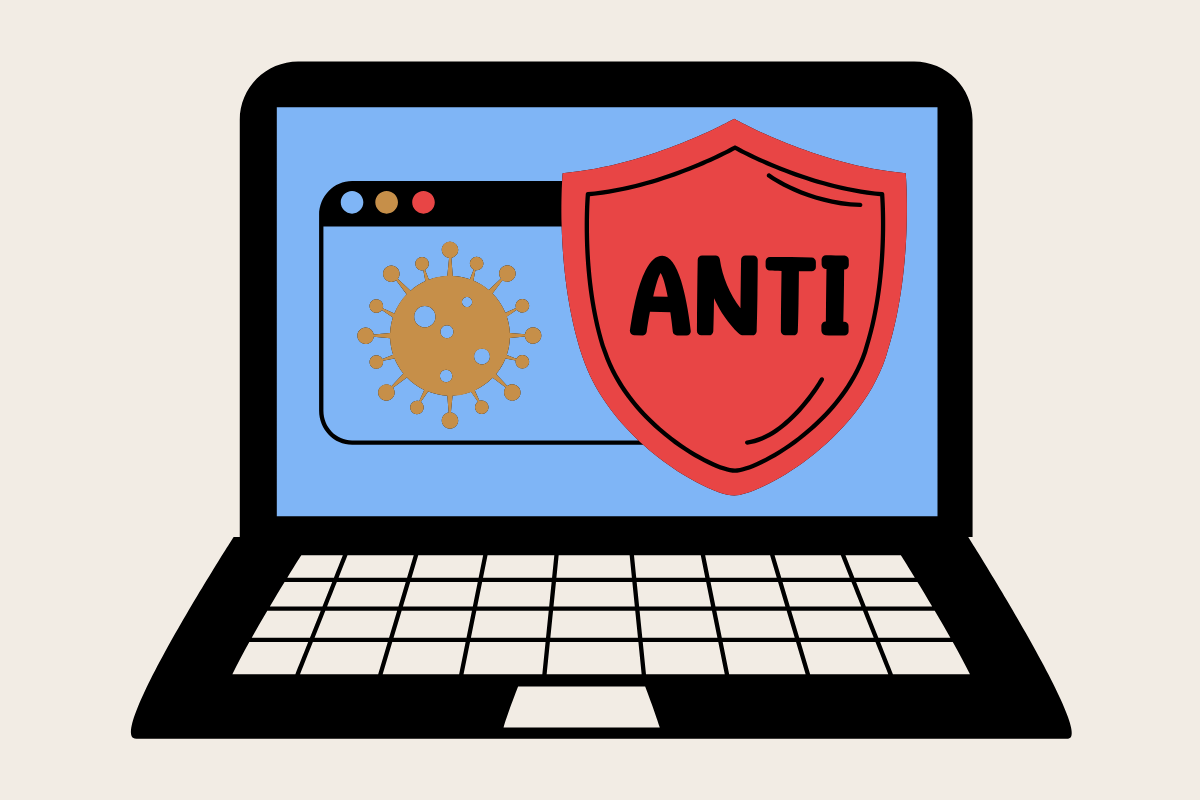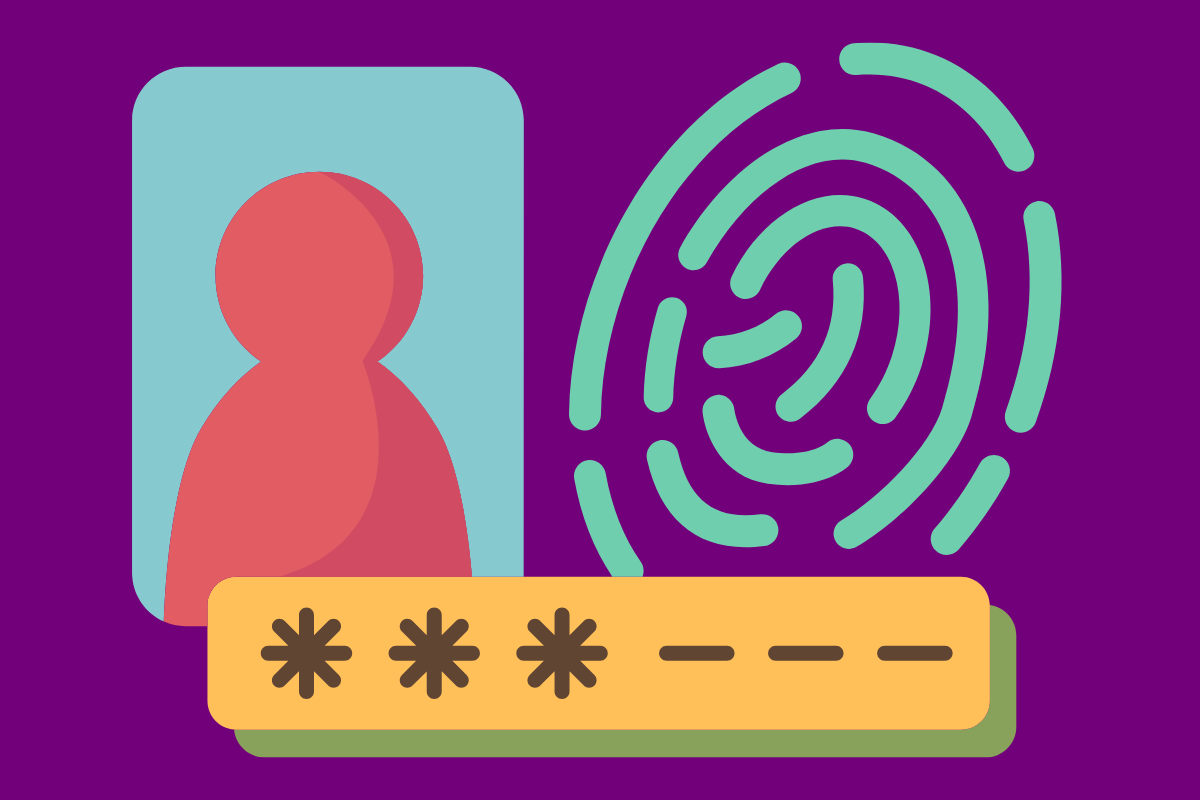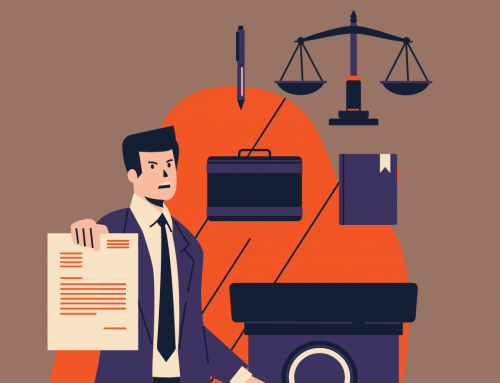Outdated Hardware Could Be Costing Your Law Firm More Than You Think—Here’s How to Fix It.
When you think about law firm expenses, you probably focus on client-facing costs: legal research tools, case management software, and billable hours. But have you considered the impact of your technology? Outdated hardware – computers, servers, and other equipment – might seem like a cost-saving measure, but it can actually be one of the most expensive mistakes your firm makes.
Social engineering, which relies on manipulating people rather than breaking into systems, is one of the most effective ways cyber criminals gain access to sensitive information. This type of attack uses psychological manipulation to trick individuals into giving away confidential information or performing actions that compromise security.
Old technology creates productivity slowdowns, security risks, and rising maintenance costs. However, newer solutions, like cloud-based hosting, can extend the lifespan of your devices while maintaining high performance. Let’s explore how outdated hardware can impact your firm—and the smart alternatives to mitigate these issues.
Reduced Productivity: The Slowdown Factor
Older computers lag, crash, and freeze—often when you can least afford delays. These interruptions cost more than just time; they eat into revenue. A sluggish system forces your team to work around unnecessary inefficiencies, disrupting workflows and creating frustration for staff and clients alike.
A modern alternative like the Cloud Office hosting can help. By using a virtual desktop system, your team accesses centralized, high-performance servers, even if their local computers are older. This setup reduces the load on individual machines while maintaining fast, reliable performance. However, it’s still essential to track hardware performance regularly. Aging devices can only go so far, even with the support of virtual hosting.
Security Vulnerabilities: A Risk to Client Trust
Old hardware often lacks compatibility with the latest security patches, leaving your firm vulnerable to breaches. Hackers know these systems are weak points and exploit them to access sensitive data.
With hosting technologies like the Cloud Office, security updates happen automatically, protecting your firm’s data without needing constant manual intervention. Yet, relying solely on this solution isn’t enough. Ensure your hardware can support modern encryption and security features. Partnering with an IT provider can help you monitor and update your equipment proactively.
Budgeting for Maintenance and Upgrades
Outdated hardware breaks down frequently, leading to higher repair costs and emergency IT bills. Replacement parts for older systems are often hard to find, which only adds to the expense.
New equipment is more reliable and costs less to maintain. That doesn’t mean you need to replace everything immediately—consider working with your IT partner to explore refurbished hardware as a cost-effective option. By planning regular upgrades, you can avoid surprise expenses while maintaining predictable budgets.
Compatibility Issues with Modern Software
Modern legal software demands advanced computing power, which older devices may not handle well. Trying to run today’s applications on outdated hardware often leads to crashes or performance issues that negate any efficiency the software was meant to provide.
Cloud hosting bridges some of this gap by reducing dependency on local machines, but your firm’s scalability can still be limited if devices can’t support new tools. An IT provider can help assess your technology needs, recommend upgrades, and ensure your infrastructure grows with your firm.
Limited Flexibility and Scalability
Modern legal software demands advanced computing power, which older devices may not handle well. Trying to run today’s applications on outdated hardware often leads to crashes or performance issues that negate any efficiency the software was meant to provide.
Cloud hosting bridges some of this gap by reducing dependency on local machines, but your firm’s scalability can still be limited if devices can’t support new tools. An IT provider can help assess your technology needs, recommend upgrades, and ensure your infrastructure grows with your firm.
Hidden Energy Costs
Older devices are notorious for consuming more power. Newer models of computers, servers, and peripherals are often designed to be energy-efficient, saving on electricity costs in the long run. If your firm has a large number of outdated devices, those incremental power bills can add up to a significant annual expense.
Switching to energy-efficient hardware isn’t just good for your firm’s bottom line—it’s also an environmentally friendly choice. Many clients today care about sustainability and may be more likely to support a firm that demonstrates eco-friendly practices.
The Smart Approach: How to Manage Hardware Upgrades
So what’s the best way to transition from outdated to modern hardware? Here are a few tips to make the process smooth and cost-effective:
- Transition to the Cloud Office virtual desktops, which can extend the usability of older devices, ensuring consistent performance while keeping costs low.
- Conduct a technology audit to identify which devices are slowing your team down.
- Prioritize replacements for the oldest, least efficient equipment
- Instead of waiting for devices to become unusable, set aside funds for scheduled upgrades. A proactive approach saves money by preventing sudden, large expenses.
- Implement remote monitoring. You can track the performance of your hardware and detect potential failures early, extending the life of your devices.
Final Thoughts
For law firms, the cost of outdated hardware goes beyond the sticker price. It slows productivity, increases security risks, and limits scalability. By combining modern hosting solutions with a planned upgrade strategy, you can optimize your firm’s technology while staying within budget.
Partnering with an IT provider ensures you have access to all options, including refurbished devices, regular monitoring, and scalable solutions. The sooner you address aging hardware, the faster your team can deliver the seamless, secure service your clients expect.










